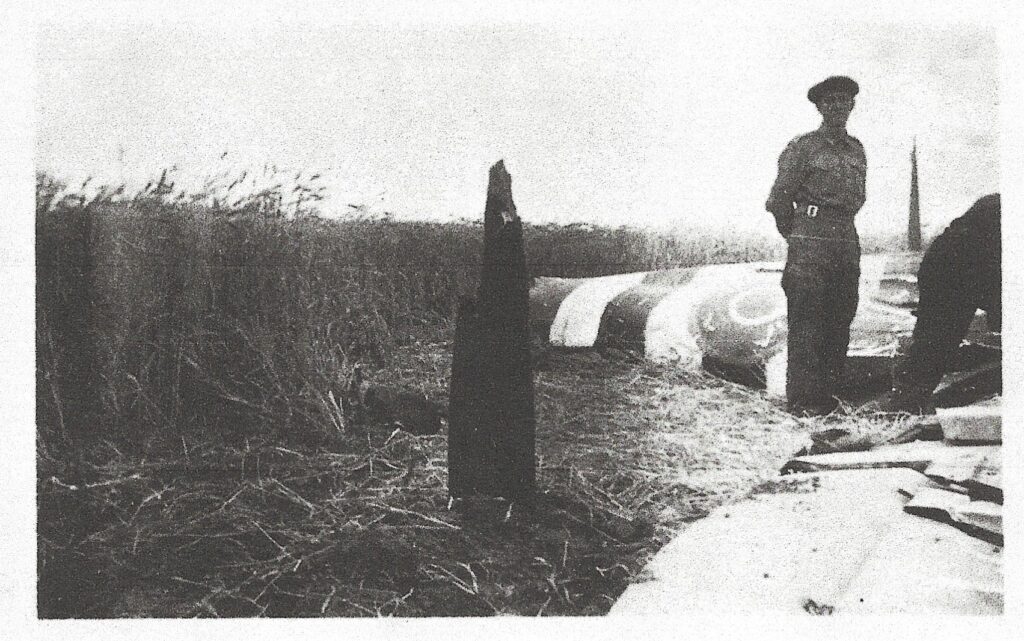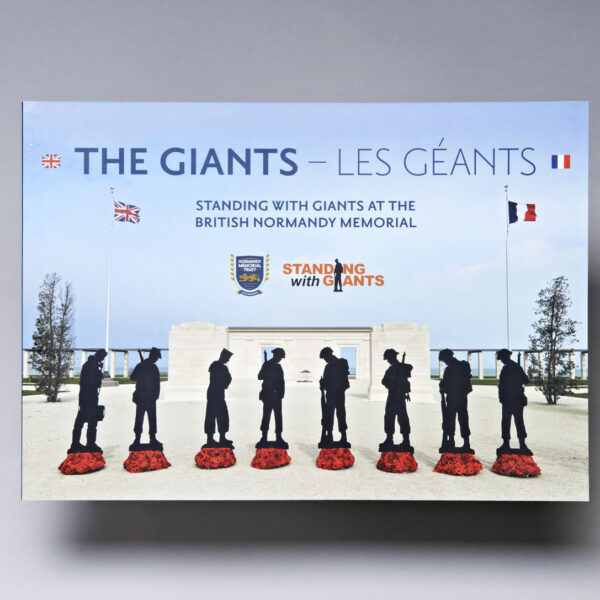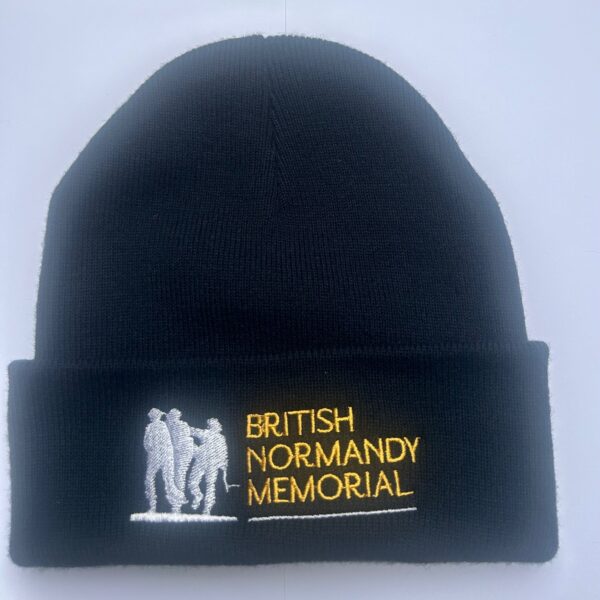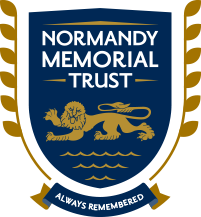05-Nov-2025
Remembrance 2025: Stories of Sacrifice and Service
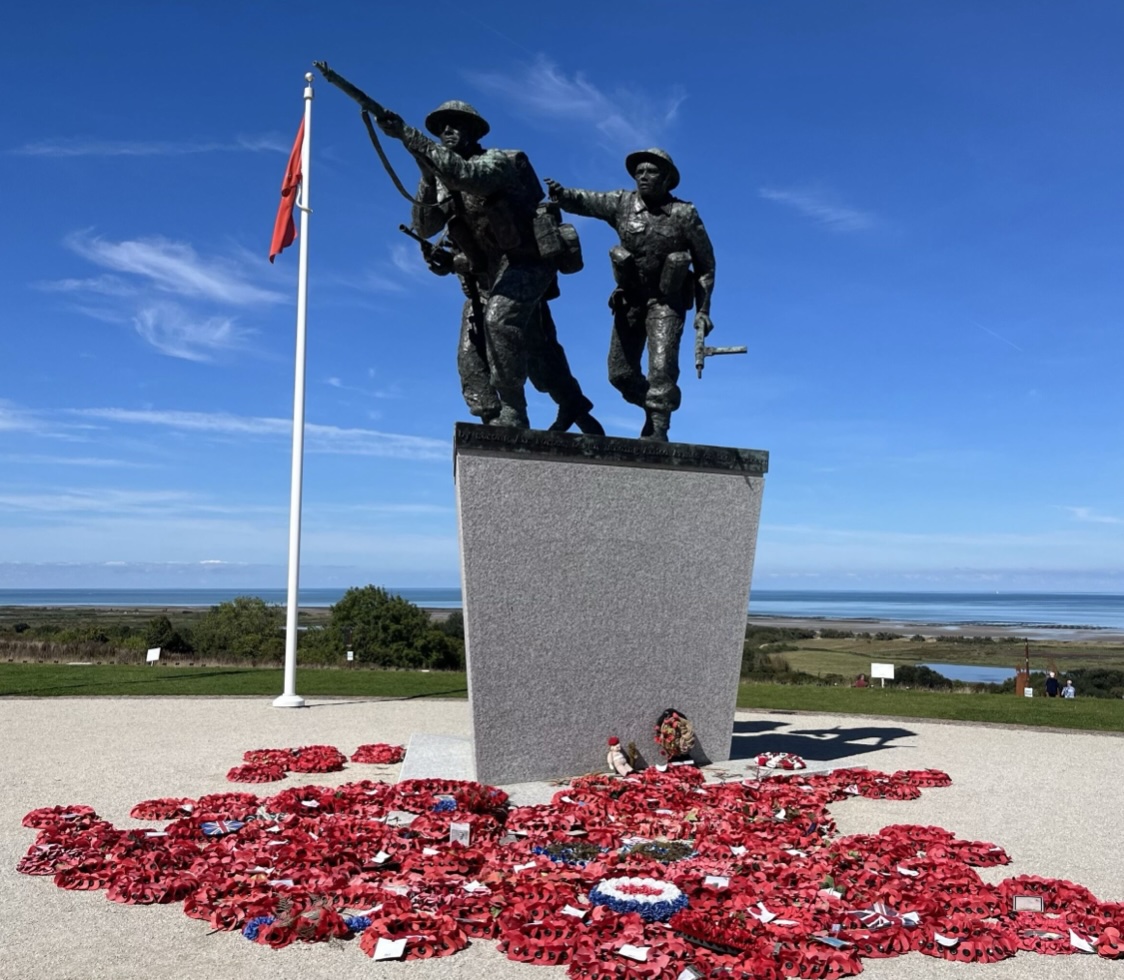
This Remembrance we salute four ordinary, but also extraordinary, men who took part in the Battle of Normandy, three of whom paid the ultimate sacrifice. Here are their stories. We will remember them.
Help us find more stories so we can put more faces to the names of those who are etched in stone on the British Normandy Memorial. If you have a story we can add to our stories page, do get in touch: contact@britishnormandymemorial.org. You can also search our Roll of Honour and our stories database.
Arnold Brockbank – Royal Navy
Many of the stories we have published have been sent to us by family members but some have been sent in by researchers. One such story is that for Arnold Brockbank, born in Mysore, India, the son of a Methodist Minister and missionary. On returning to the UK he was educated at Kingswood School, Bath, Somerset and, on leaving school, he worked as a clerk for the Midland Bank. He joined the Royal Navy and was serving on HMS Boadicea during the Battle of Normandy. He was killed in action on 13th June when the ship was hit by two torpedoes from a Junkers 88.
However, we did not have a photo of Arnold until his story was found by Karen Bruce when she started looking for information about him after a news report she saw about Portsmouth today. She got in touch with us in the last few days to tell us her aunt, Freda Dowsland, had been engaged to Arnold. Freda never married but always kept on her dressing table a photo of Arnold and the cap band from his service on HMS Harvester, which she still has. We look forward to finding out more about Arnold and updating his story. We hope we can discover many others, as we continue to remember all those who lost their lives in Normandy and put a face to their names so they are not forgotten.
James Campbell Rennie – Army
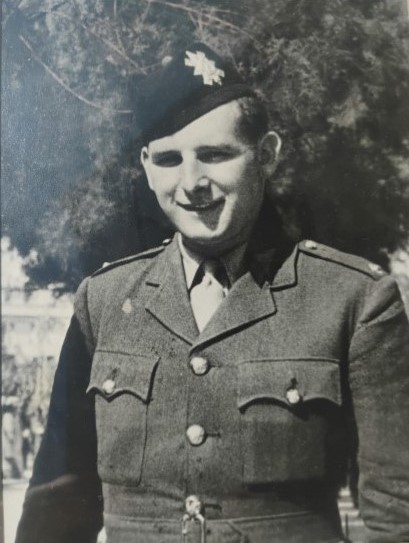
For many men, the Battle of Normandy was not their first experience of being in action. James Rennie was born in Guard Bridge, Fife. He left school at 17 and started a banking career as an apprentice. Whilst there, with the encouragement of the bank, he joined the St Andrews University Company of the Officers’ Training Corps. At the outbreak of war he joined the Leuchars unit of the Local Defence Volunteers, forerunner of the Home Guard, and served with them until his call-up in June 1942. He was commissioned as a 2nd Lieutenant and joined the Black Watch. He went with the 7th Battalion to the Middle East where he fought in Tunisia, then Sicily where he was awarded the Military Cross.
The battalion were recalled to the UK to prepare for the Battle of Normandy and they landed on 10th June. They moved to the front line on the 18th June where he was promoted to acting Captain and second-in-command after his predecessor was taken ill. On the 24th June he had just left the Command Post when a heavy shell landed close to him, killing him outright. His Commanding Officer said this of him: “I can truthfully say he was one of the best and most popular officers in the Battalion. His going was a tremendous blow to everyone and more so to me as he was by far the best officer in my Company and one who I could trust absolutely with any job”. His batman also wrote to his parents: “I was with him to the end and he died a hero doing 10 men’s work that night. He was the best officer I ever knew and I couldn’t stop the tears falling all that night. He was made Captain the day before and 2nd in command of the Company a thing he always wanted to be. I was the first one he told.”
Dennis Woodcock – Friends Ambulance Service
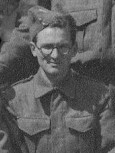
Bravery comes in many forms. By 1939 it was clear to most people that we should be very lucky to avoid a war with Germany. Having been brought up in an active Quaker family where pacifism was the norm, Dennis Woodcock did not want to serve in a combat role. But he was fully prepared to accompany soldiers into battle to care for those who were wounded. When a letter arrived from the Friends Ambulance Unit (FAU) asking if he would be interested in joining the first training camp to be opened in Birmingham in September he took the opportunity to serve with the FAU. He informed the manager of the Midland Bank branch where he worked who accepted that he had, in effect, been called up. The bank gave a party to see him off as the first member of the staff to “go to war”.
Dennis was first deployed to Finland in 1940 after war broke out between Russia and Finland. He helped to evacuate those living in the territories ceded to Russia and was eventually evacuated back to the UK. In 1943 he was selected to join the 2nd French Armoured Division in North Africa as the French were desperately short of manpower. Dennis’ unit provided medical support for the Division during its time in North Africa and returned with them to the UK in 1944 in preparation for D-Day. The FAU unit was one of three companies which formed the 13th Medical Battalion of the 2nd French Armoured Division. The unit provided medical support as it advanced through France and Belgium. Dennis’ part in the war would come to an end in January 1945, when he was seriously injured in the leg when a tank exploded close to him when he went to provide aid to the crew after it had been hit. He was evacuated back to the UK where he spent many months in hospital.
In April 1945 Dennis was awarded the Croix de Guerre. In general, the FAU was reluctant to accept medals so Dennis’ family do not know precisely how the award came about. But they believe there is one possible explanation. In 1966 he was interviewed by an author, Henry Maule, who was writing a book about Leclerc, OUT OF THE SAND (1966). In it, Dennis described to the author how he walked into a minefield to rescue the Group Commander, Colonel Langlade, who had been badly injured when he stepped on a mine. They suspect the senior French officer was so thankful for his rescue that he instigated the award of a medal. Only when Dennis was severely injured himself and evacuated back to the UK did the medal award get pushed through, when he was not around to object. That may explain the more general wording on the citation referring to his brave frontline work leading to his injury and not the previous minefield rescue.
Dennis Woodcock was just one of so many who were involved in a world war, and he was lucky to survive alive. He went on to live a quiet and happy life. He could be described as just another ordinary man, but, as has been said by others, the final success of the overall war effort was achieved by ordinary men doing extraordinary things.
Anthony Bassett – Royal Air Force
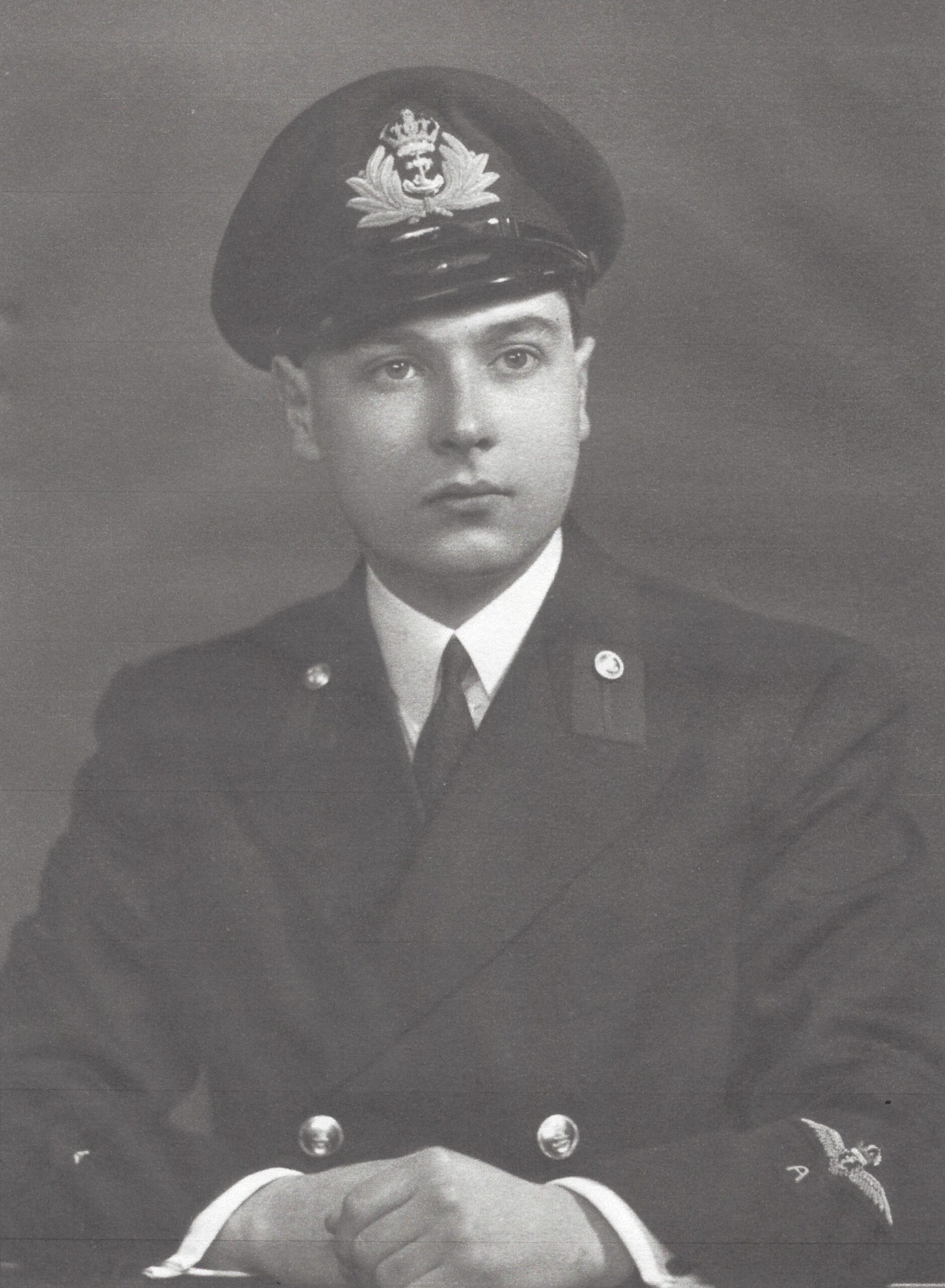
For those buried in in the Commonwealth War Graves Commission cemeteries, their place of rest was not always their first one. One of the more poignant images we find are the temporary graves that many were first laid to rest in. Anthony (Tony) Hastings Bassett was born 20 May 1923. He served in 885 Squadron, Fleet Air Arm, as part of 34 Reconnaissance Wing, 2nd Tactical Air Force, which was a pool of squadrons assigned to spot the fire of naval bombardment ships. On D-Day he was flying Seafire Mk.III MF533 and was one of two Fleet Air Arm casualties that day, when he was shot down and crashed near Hermanville-sur-Mer, Calvados. On the back of the photo of his temporary grave, Tony’s mother or his uncle wrote: “Initial burial site of Tony Bassett next to his downed Supermarine Seafire on D-Day, June 6th 1944 in France” His grave can be seen in the middle of the photo, marked with a shattered piece of the plane’s propeller.
